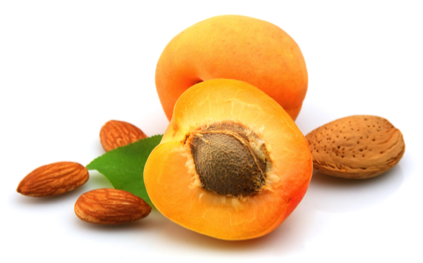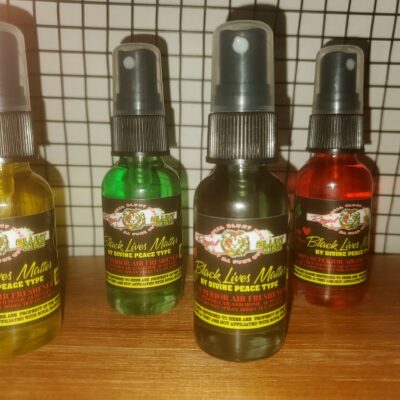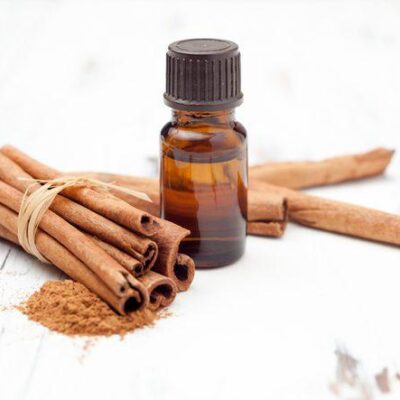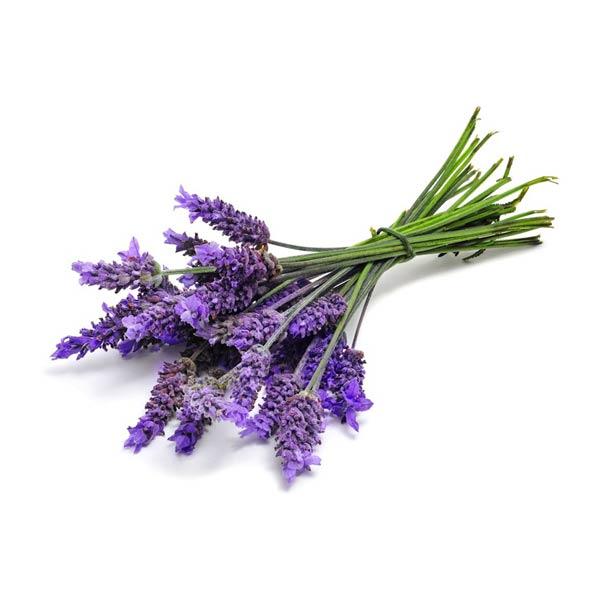Black Soap can be used for the Face, Body and Hair
Benefits of Black African Soap:
Traditional African Black Soap is Centuries Old
Black African Soap Has Numerous Benefits and is Not Scented.
Africans have used Black Soap For Centuries to help with these Skin Problems:
* Relieves Acne (using Raw Shea Butter helps with this process)
* Oily Skin,
* Clears Blemishes and Various other Skin Issues.
* Many swear by it for Skin Irritations and Conditions such as Eczema and Psoriasis.
* African Black soap has also been used to Achieve Quality Beautiful Skin.
* Africans have also used this Natural Soap for Bathing and Washing their Hair.
* It’s excellent for Removing Make-Up
* Black Soap will leave your Skin Silky Soft and Clear.
* Black Soap is used to Rid the Skin of Rashes, Ring Worm, Measles, and Body Odors.
* It is also used as a Natural Shampoo to Avoid Dry Itchy Scalp.
* Black African Soap is Rich is Vitamins A & E and Iron
The Benefits of African Black Soap
African traditional black soap is one of the most beneficial yet unheard of soaps you will ever find. Made from dried plantain skins, palm leaves, cocoa pod powder, and kernel oil for an all-natural cleansing process. Plantains skins are largely what make this soap so effective. Plantain is a fruit that grows in Africa & South America that looks similar to a banana, except it is much larger and tastes altogether different. You can find plantains at many ethnic or international grocery stores. It is a natural source of vitamins A & E and iron. When black soap is made, the skin of the plantain is gingerly dried to a precise texture under the sun. Afterwards it is roasted in a clay oven. The heat must be constant in order to achieve the perfect brownish black color, texture & smell. Afterwards, cocoa pod powder is added. Cocoa pod is the shell of the cocoa fruit and also has natural healing properties.
The next process is very precise because if it is not done properly, with the correct ingredients, there will be no soap. The roasted plantain skin is mixed with palm oil and palm kernel oil to form the soap. The roasted plantains determine the color of the soap. The longer the plantains are roasted, the darker the soap.
African black soap is soft with an organic shape. It has a delicate texture and a natural, earthy smell. It is not oily, and can be used for hands, face, body and hair. It is most commonly found in Ghana, however other countries have their versions of black soap as well. Other words for black soap are Alata Samina, Anago Samina which comes from the Twi language in northern Ghana.
The benefits of black soap:
– Helps deep clean skin.
– Works on most skin types including rough and dry or sensitive skin
– Helps clear skin bumps and spots
– Helps relieve acne, oily skin & other skin problems.
– Great for removing makeup
– Works against premature facial lines and wrinkles
– Can be lathered and used as a shampoo.
Ingredients are : Traditional Black Soap contains mainly water, cocoa pod ashes, plantain skins ashes, and palm oil, cooked together .
Using African Black Soap:
Break off a bar-size piece from the bulk, then press it to shape with your hands, or use it as is. Rub the bar between your hands (or on a washcloth would also work), then rub your soapy hands on your skin and hair. (If you rub the bar on your hair, it will get hair stuck to the bar.) Black soap absorbs water easily, so keep it from sitting in water or it will dissolve away. The soap holders covered with little vertical fingers work well.
Because this soap is softer than commercial soap, it comes off the bar more easily, so less rubbing of the bar is needed to release enough soap. When you start another bar, just push the old soap sliver onto the new piece and the two will easily unite; leaving no waste.
Storing your African Black Soap:
Pure traditional African black soap is a soft milled soap and has very high natural glycerin content. As a result, it readily absorbs moisture from the air. It must be stored in a dry location or in a sealed plastic bag or it will become soft as it absorbs moisture. Black soap exposed to the air will have a thin white colored film. This film is not mold it is caused by absorption of water from the air. This can be avoided by keeping the soap in a dry location away from moisture until ready for use.






Reviews
There are no reviews yet.